“In April of 2012 my mother was diagnosed with ALS.”
“At first she started limping around and we thought it was because she sprained her ankle. When it didn’t get better she went to see the family doctor. The family doctor took her for some x-rays and MRI and nothing was wrong with her ankle, so by January she saw a neurologist and the neurologist basically eliminated everything but ALS. From when she was diagnosed, it was pretty much two years to the day she passed away.”
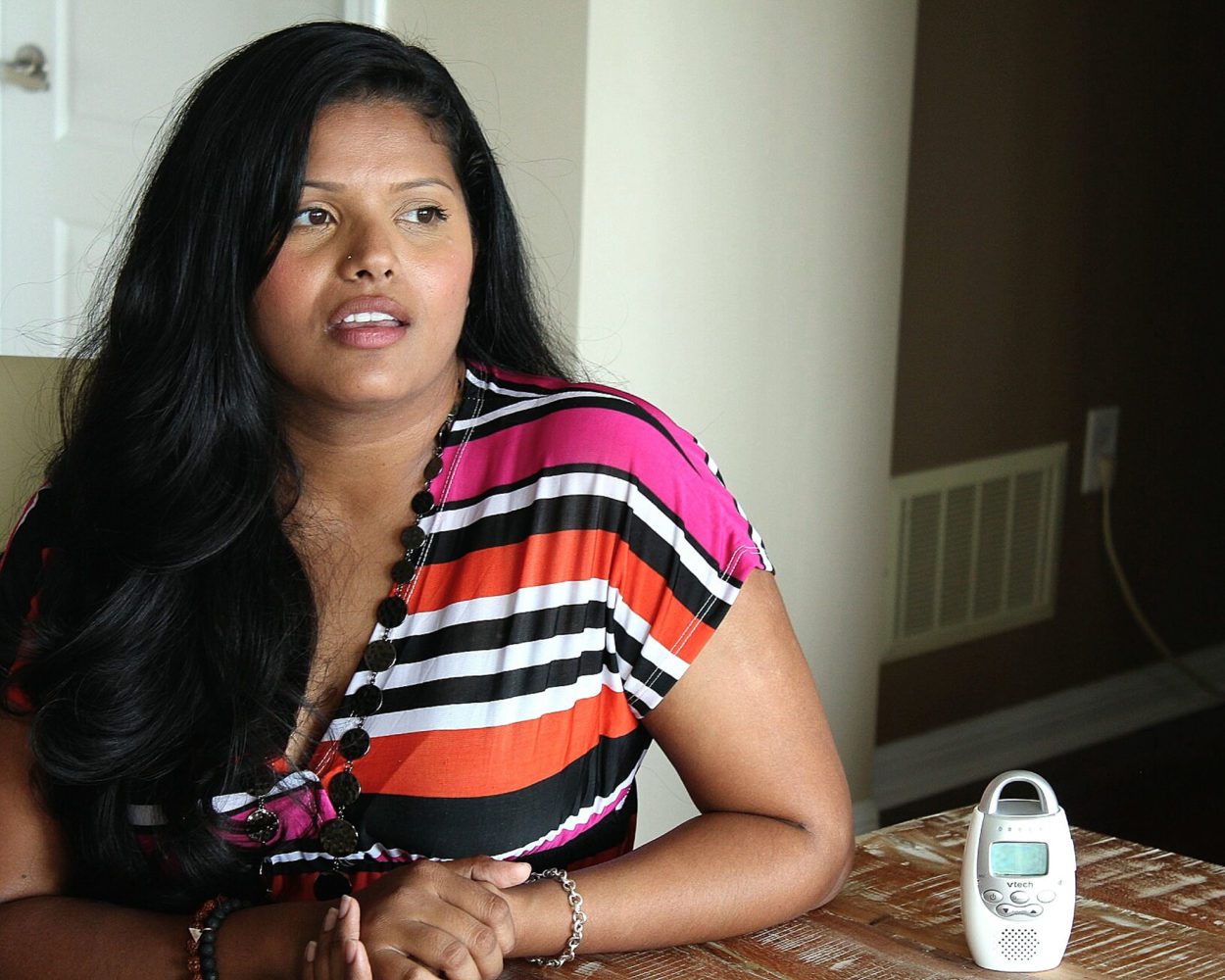
“I think the ALS clinic has all the right puzzle pieces in place, but it needs some organization. Every time we would go there it was ‘Okay, you’ll see this person for 15 minutes.’ Then we’d wait an hour and a half and we’d see another person for 10 minutes. Then we’d wait… I have all the patience in the world but if I have ALS – no way. Mom literally had to not drink all day because no one could change her diaper at the hospital, which is a long drive away. That was really tough.”
What I struggled with is why they kept calling us back for appointments, because all that was being said is ‘Yes, the disease is progressing.’
“The doctor at the clinic was very interested in trials and that’s what seemed to come up more often than anything. I think they felt kind of defeated and they wanted to get a new medical trial going, so there was a lot of pressure about trials. It would come up all the time and pretty much sometimes be the focus of the appointment. And I am thinking ‘I didn’t come all the way here to be asked this question. I get that trials are an important part of medicine, but…'”
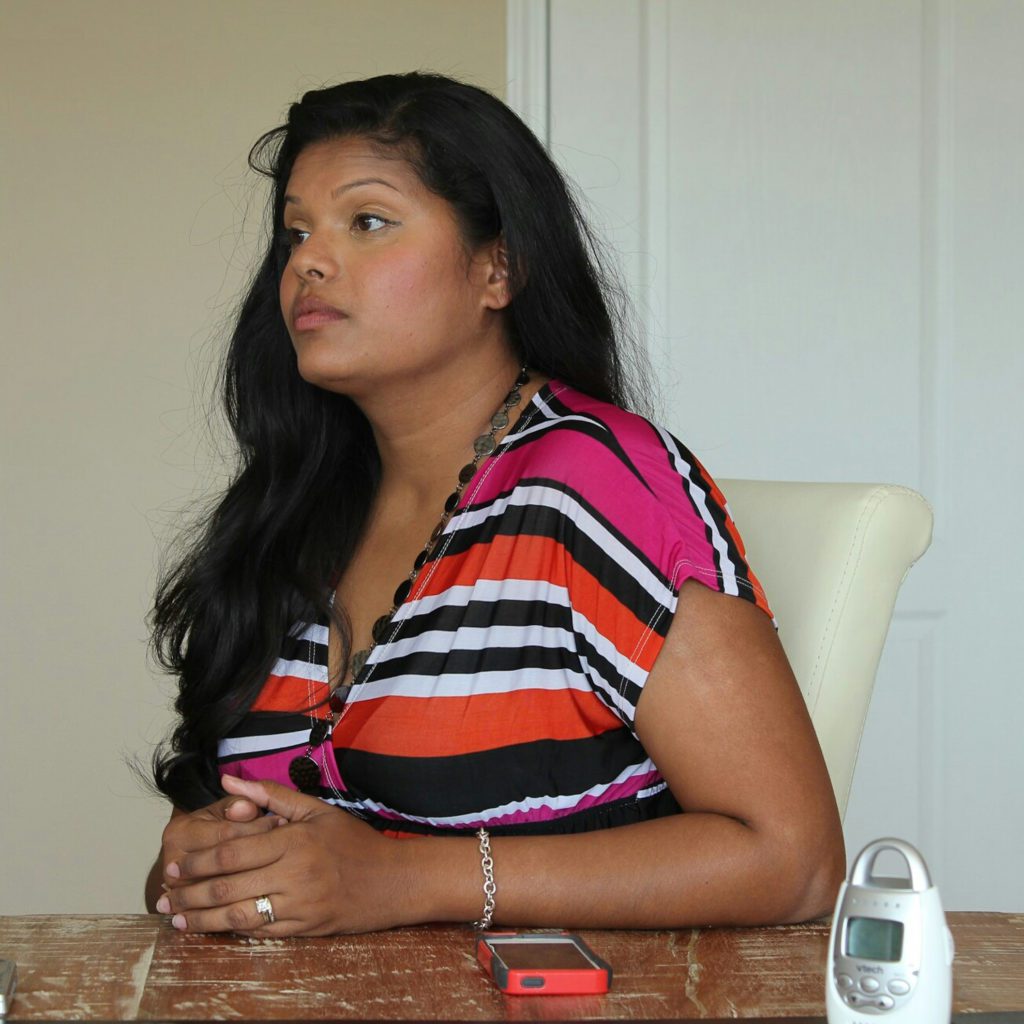
“The communications team at the ALS clinic really helped.”
“They set her up with an electronic unit that helped her communicate – my mom was in IT and so was really good with technology – so it was perfect for her. She also got an iPhone app where she could type and it would talk for her. The team also made her alphabet boards where she could point to letters to communicate – we really leaned on those as she got worse and worse.”
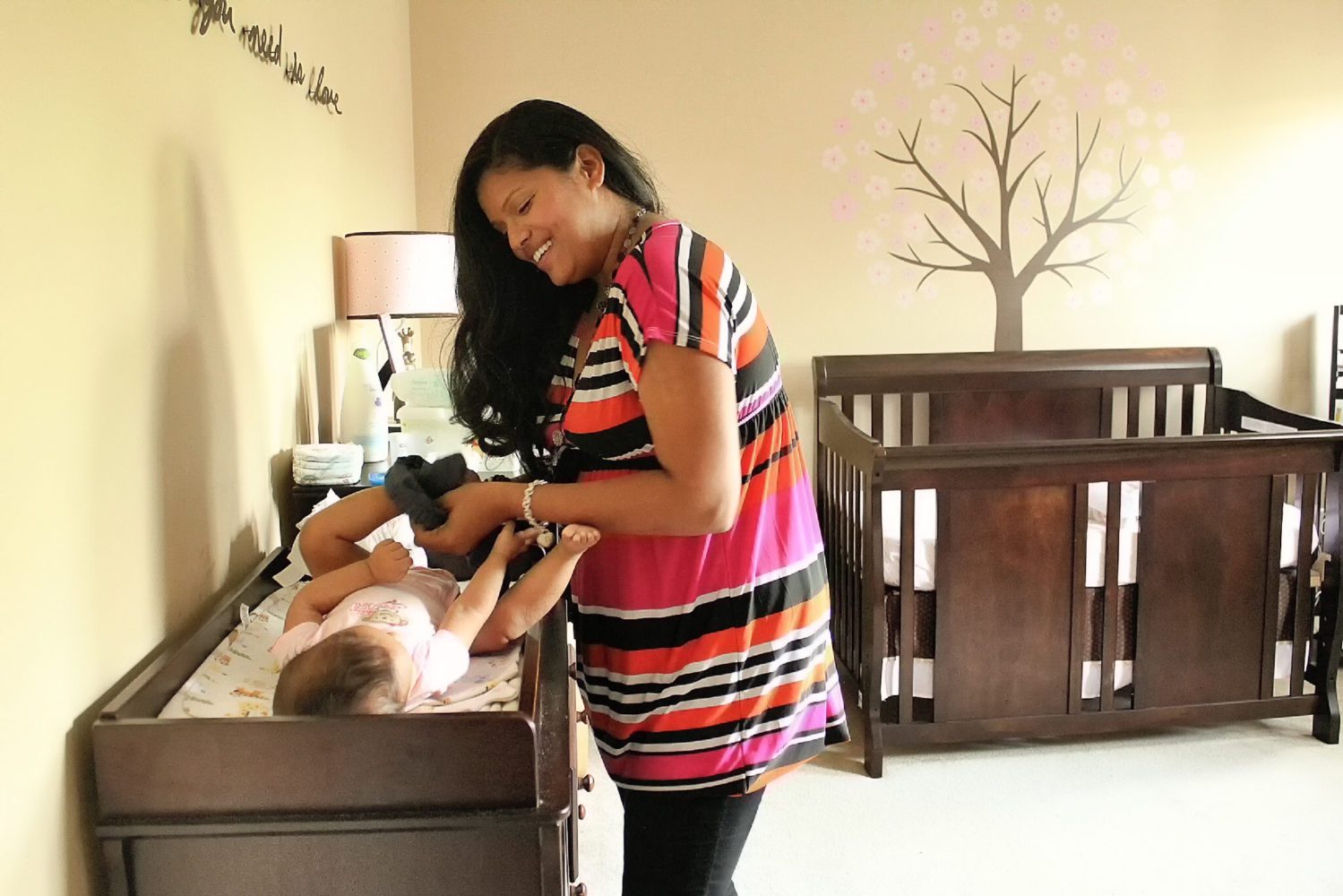
“It would be great if every patient had one case manager.”
“I felt like that fell to me and my husband. It was honestly a full-time job for us; it was so stressful. Work was my place of sanctuary and home was my stress! Because it was “Okay, call Jennifer from CCAC, we need a new wheelchair; now call so and so from the ALS Society because we’re going to need another piece of equipment; now call the hospital and make sure that when we go next time we’re going to get our breathing test because last time we went for the breathing test the breathing lab was closed; call this person because we are going to need a cab to go here; and then there was her nurse and doctor…” If they had someone to manage all of the different puzzle pieces, that would be great. If mom was alone, there is no way she could have managed something like that.”
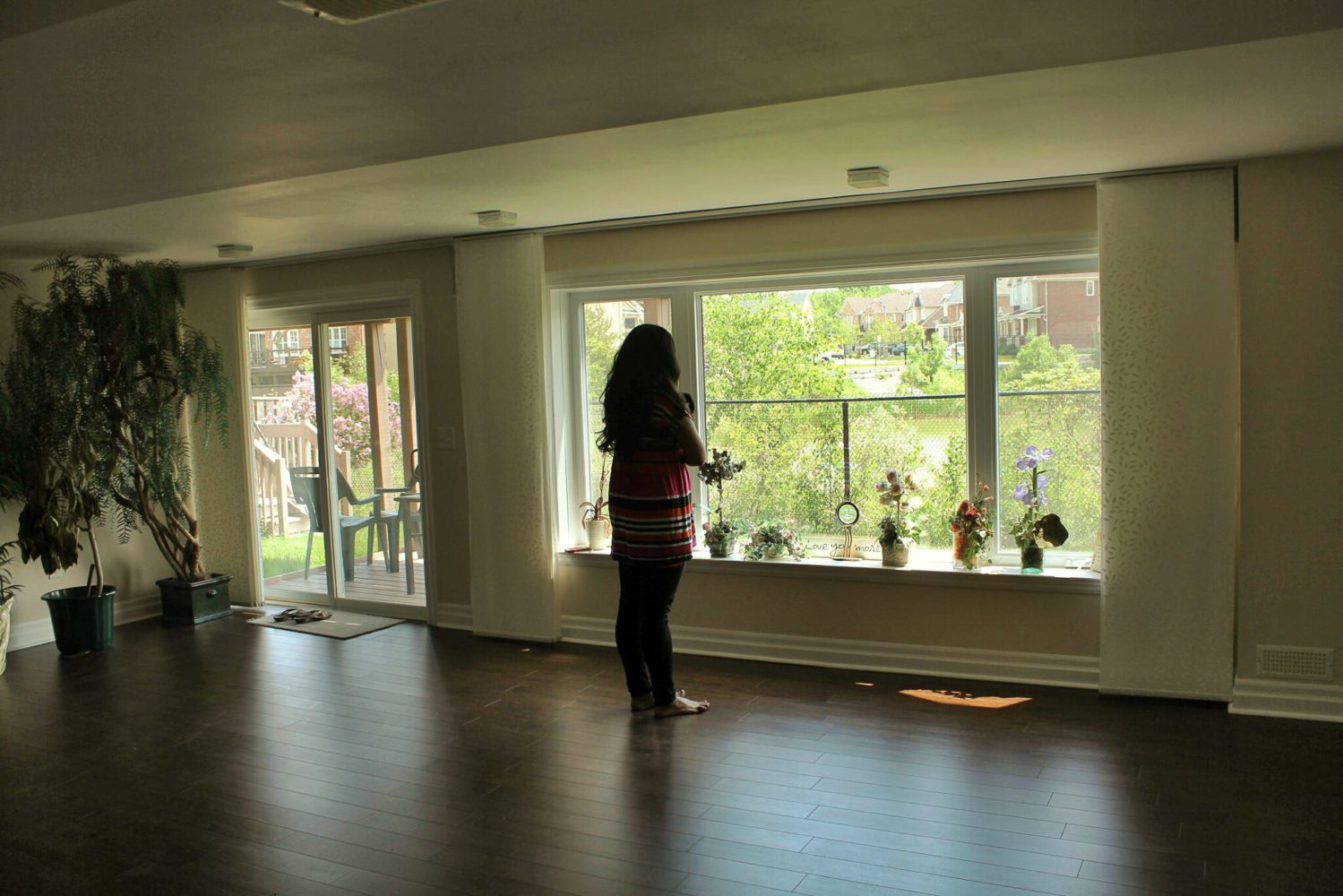
“We bought this house after she was diagnosed.”
“When she was diagnosed, we – my husband and my mom and I – decided to all live together. Downstairs here is where she lived. She kind of designed her own little apartment down here and she loved nature so that’s why we got this house, so she could look out at the trees.”
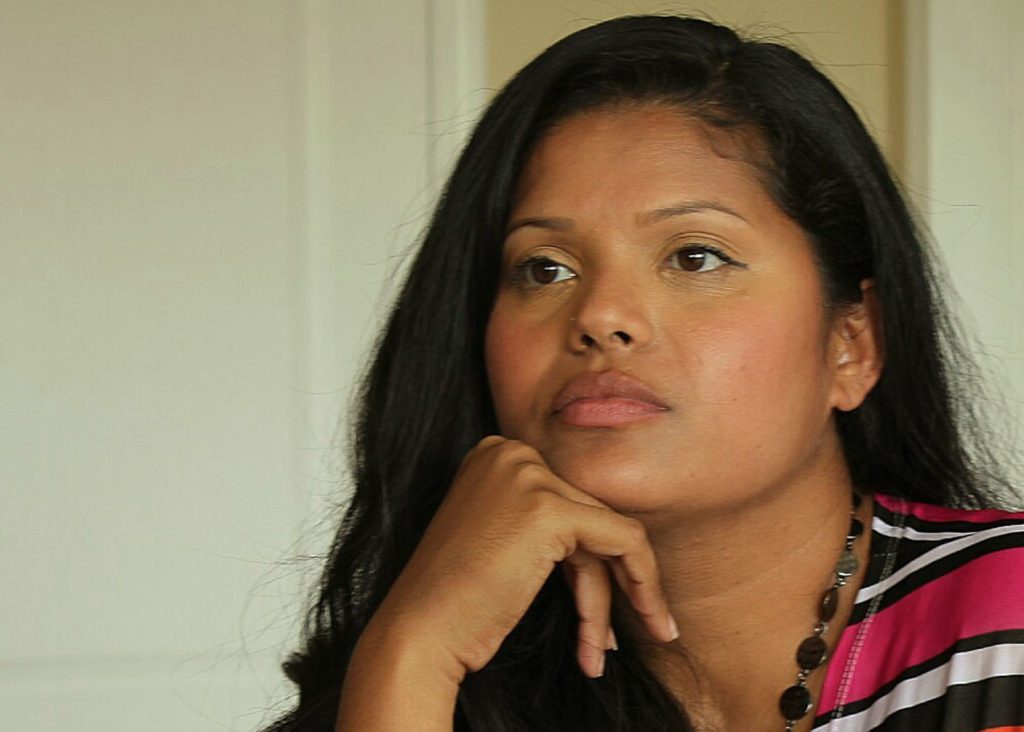
“The personal support workers who cared for my mom were phenomenal.”
“They were really well trained and really caring for the most part. They showed the person who we hired to look after my mom during the week how to do certain things because she was new to ALS. She was a babysitter for 3 kids before she came to us and had never dealt with disease.”
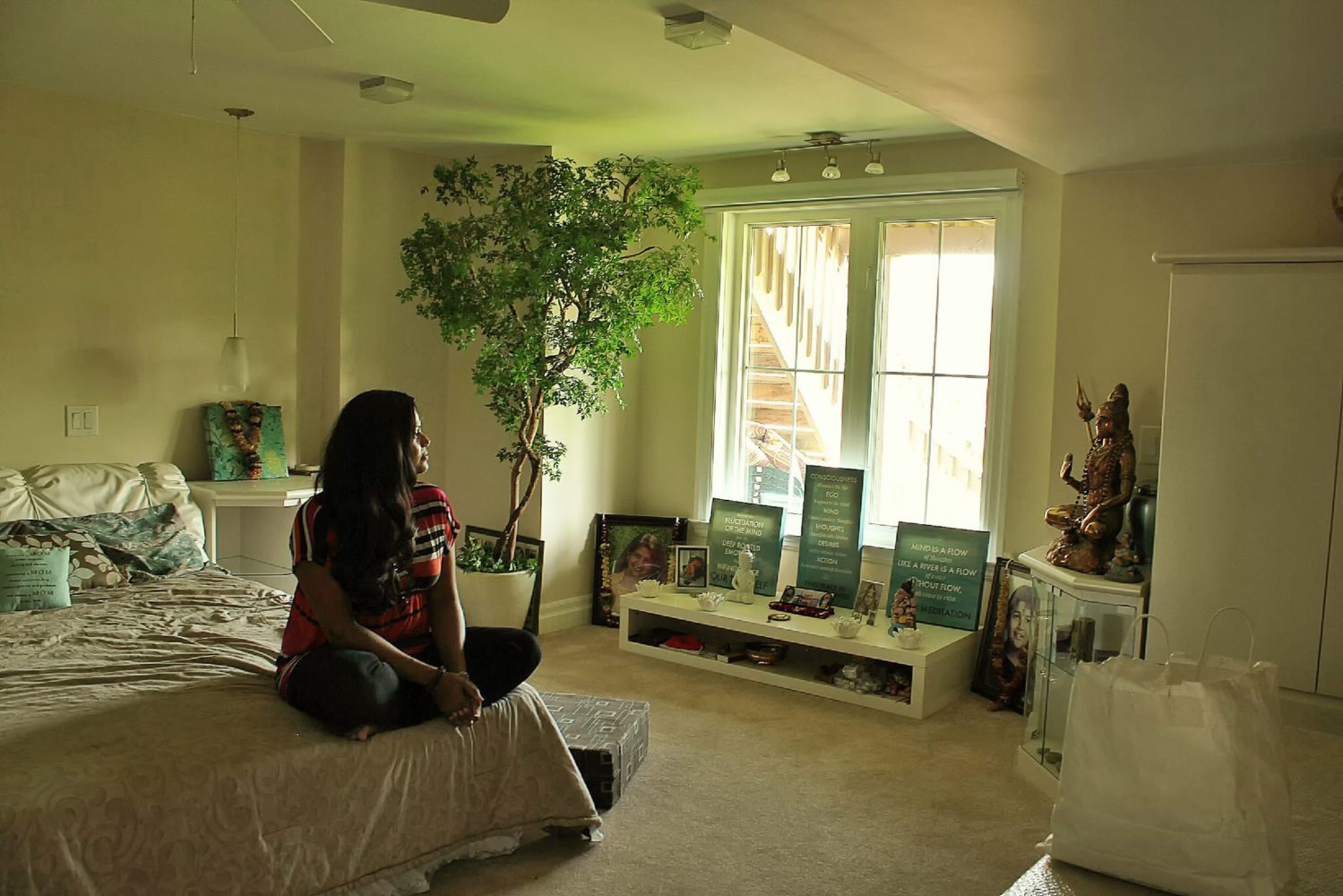
“How did your mom’s spirituality affect how she dealt with her ALS?”
“I think it was everything. It was the center of her. It was how she survived. I would ask her ‘Are you angry, are you pissed off?’ She would get frustrated, but she would never really get angry. She was like “This is meant to be and this doesn’t define me. I am going to keep my strength and keep chugging along.” And that’s exactly what she did. Until the last months, she would always say “I am so grateful, I have had such an amazing life, look at the country I live in, look at my daughter and son-in-law and how they have taken care of me.” She was always looking at the positive. She was spiritually rich.”
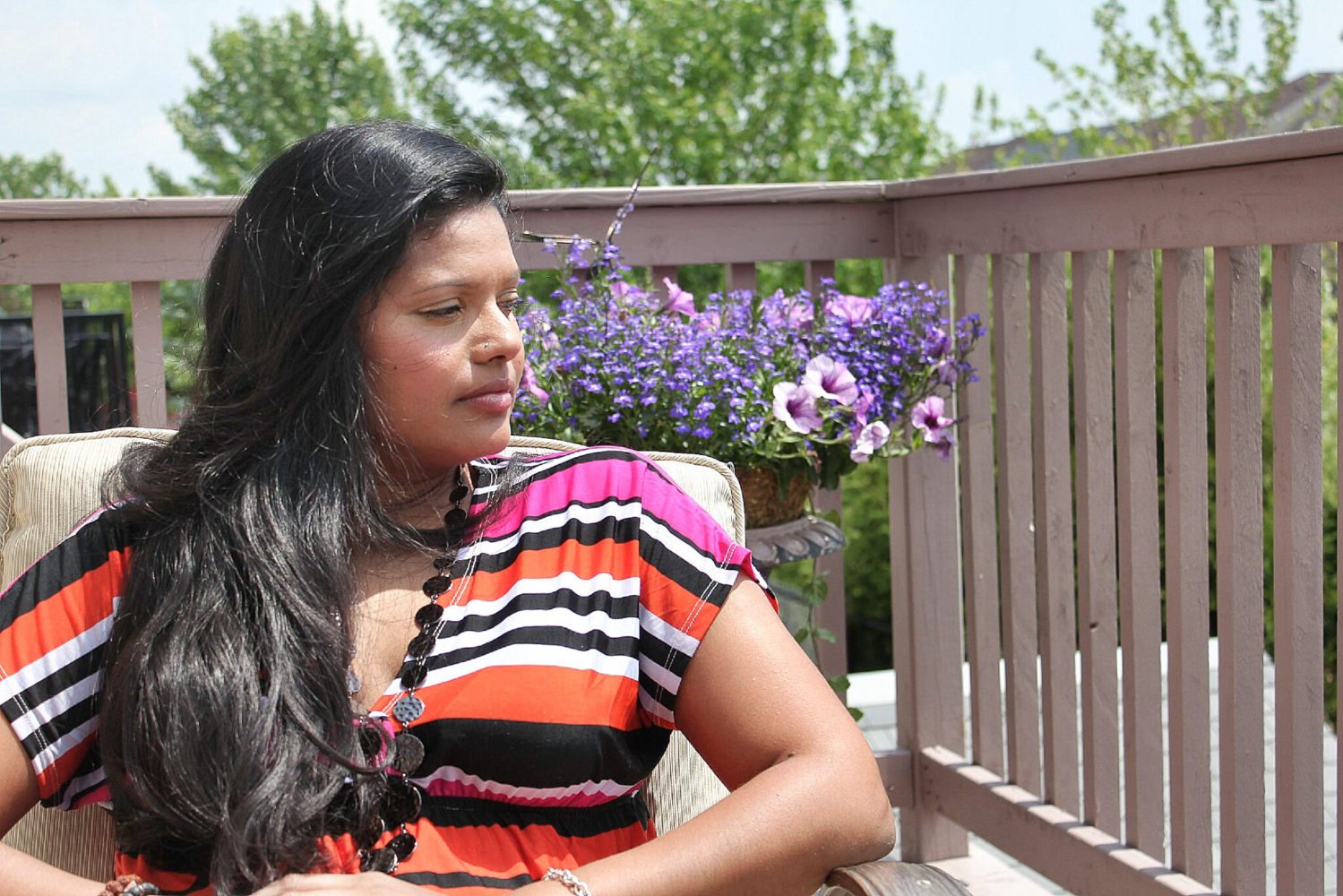
The way my mom dealt with her ALS made me admire her that much more.
“She wouldn’t be able to talk, she wouldn’t be able to move, I would be spoon feeding her, but she’d still be smiling, she’d still be laughing, she was just an incredible person. There were hard moments too, when she’d get frustrated. It broke my heart because I felt I hadn’t seen my mom like that. I felt like I had two moms at times. It got to a point where she would cry and she couldn’t even wipe her own tears. It’s awful watching someone you love deteriorate like that. But, my relationship with her just got stronger. They say that when someone gets sick you say ‘I love you’ more. But that never changed with my mom because she always did that.”


The comments section is closed.